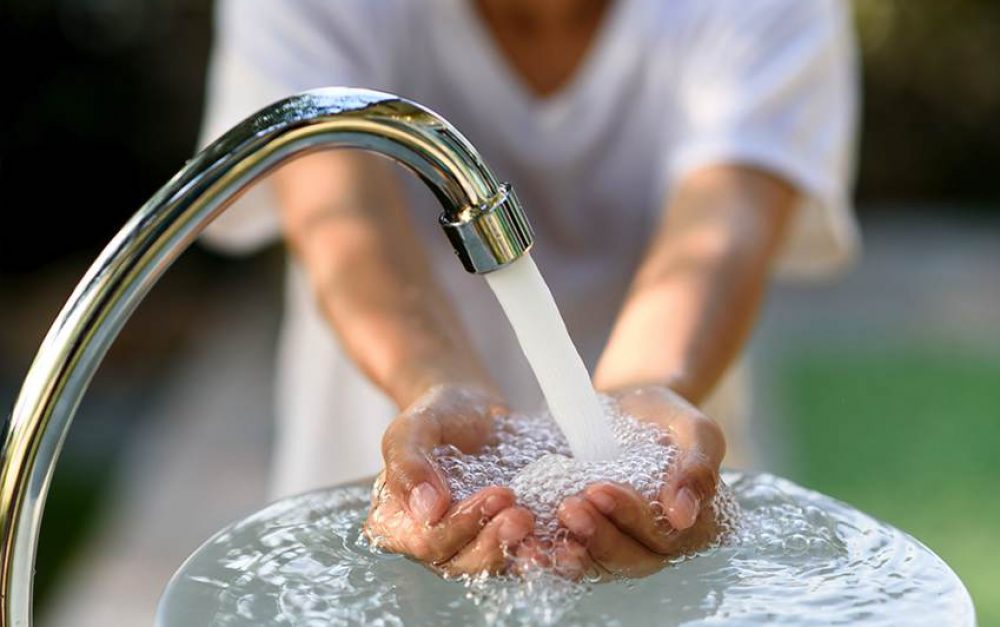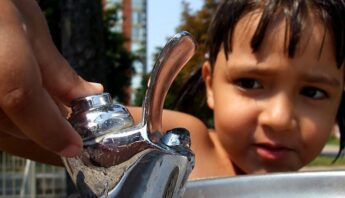In late July, the California State Water Resources Control Board approved a stringent “maximum contamination level” (MCL) for a cancer-causing chemical in drinking water. This was a hard-fought and important victory for public health.
For 25 years, 1,2,3-trichloropropane (TCP) has been designated as a carcinogen in the state, and the new mandate to keep it out of drinking water — or at least below detectable amounts — is an important step forward.
Enduring & unneccesary
TCP is considered a “garbage” chemical, or a by-product of the plastics manufacturing process. As a way to avoid disposal costs, Shell Oil and Dow Chemical included it with mixtures of fumigant pesticides applied in California agriculture. As attorney Todd Robbins told KQED,
Shell saw a huge opportunity to take a hazardous waste stream from their chemical plants … and start putting it in barrels, and selling it to farmers. Then Dow soon followed suit.”
Most of the TCP contamination found in drinking water today stems from extensive application of pesticides manufactured prior to the 1990s. While evidence suggests that both of the companies knew of the health risks associated with TCP, they failed to remove the ingredient from their products.
According to the State Water Resources Control Board, TCP has been found in about a hundred public water systems across California, mostly in the Central Valley. This puts farmworker families and rural communities at a disproportionate risk to the dangers attached to the toxin.
The polluters will pay
Although TCP has been a chemical of concern for over two decades, there had been no MCL set on the toxin in drinking water. Until last month, the chemical remained unregulated, untreated — and clearly present in drinking water. Water utilities weren’t required to test, filter out or alert consumers that their water was contaminated.
But that has now changed, and Dow and Shell Oil are on the hook to cover the cost of clean up and remediation. Work remains to actually remove the chemical from the water, and some public utilities have already received payment through cost-recovery litigation against the corporations.
This new, strict maximum contamination level for TCP in California drinking water brings hope and builds momentum for establishing similar standards across the country. In fact, New Jersey announced a plan this week to eradicate the chemical from that state’s water too.
Keeping carcinogens in drinking water because corporations don’t want to pay for cleaning up their messes is unacceptable. California is showing us how to change that status quo.







